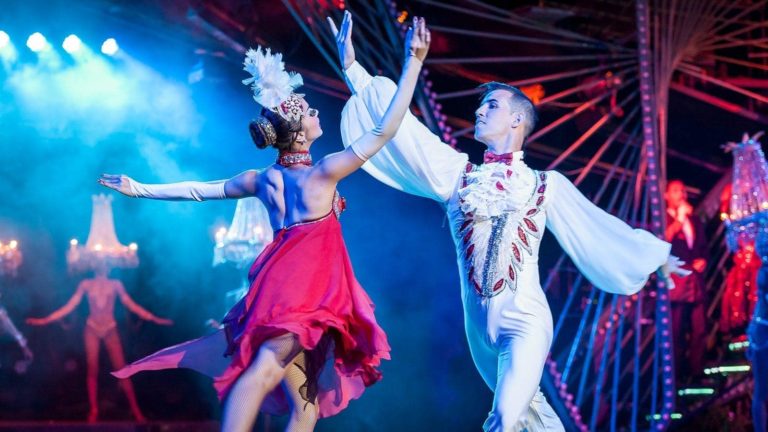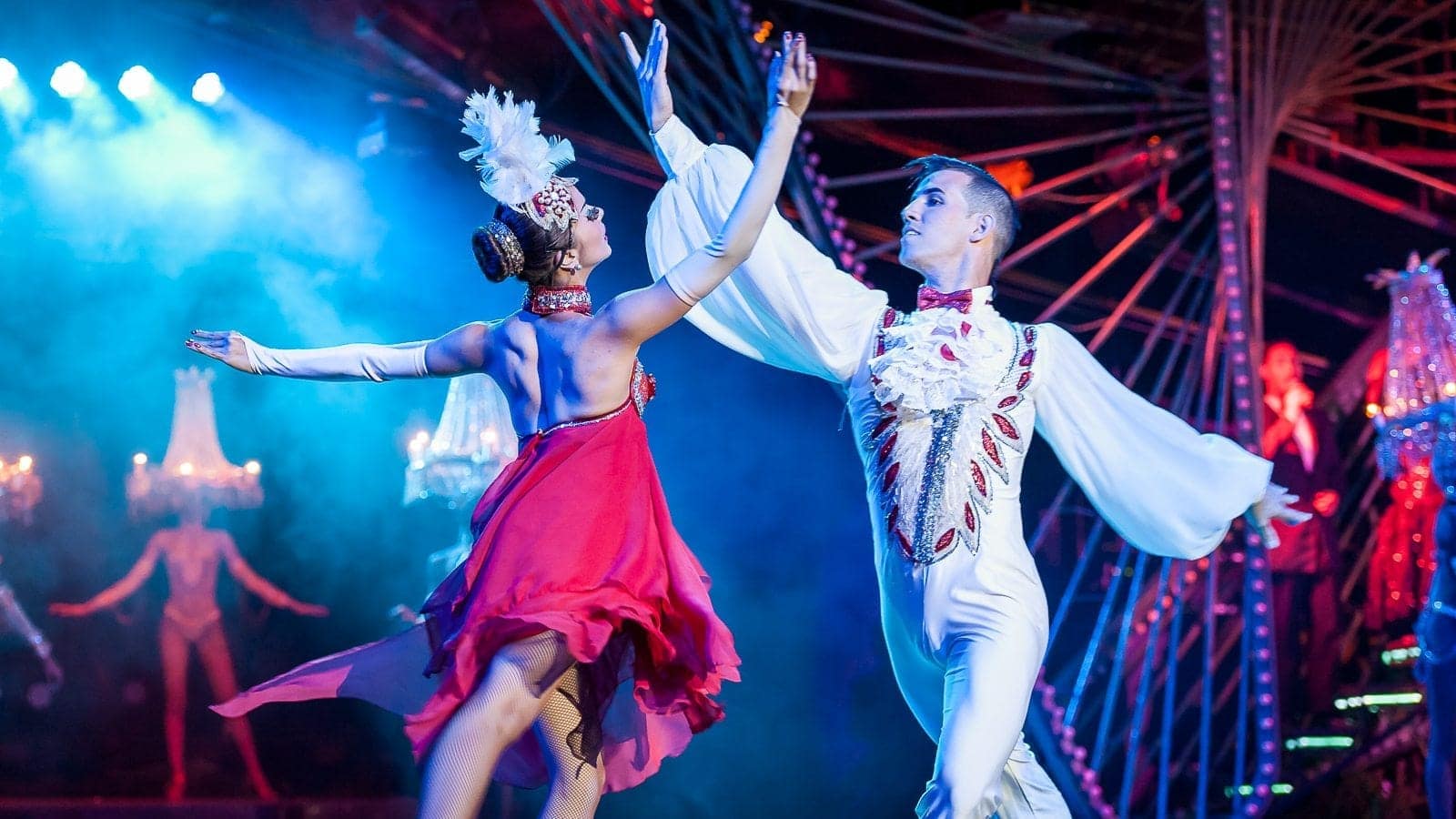Affiliate Disclosure: We earn a commission if you purchase through one of our links at no additional cost to you.
It’s pretty common to explain your photos as you gain more experience with photography. New concepts are exciting and interesting. It’s only natural that you want to share how you implemented something you learned to people who see your photos, and it’s frustrating when someone doesn’t share your enthusiasm with a favorite photo.
The problem with trying to explain your photo is that it makes you come across as a bit needy for attention.
Technical Perfection May Not be Interesting
We learn about some pretty basic concepts early in photography. I’ve heard about the Rule of Thirds so many times that it nauseates me to hear it again. Yet there are other compositional elements that are just as basic:
- Leading lines
- Reflections
- Adding depth with foreground, middle and background
- Diagonal compositions
- Fill the frame
- Leave space for movement
- Balance
- Critical moment
It’s all good advice. When you combine some of these tips into the same photo, you’re helping the viewer understand the photo.
However, sometimes a subject just isn’t interesting and all the compositional or lighting tips in the world just won’t save it. That’s when we may feel compelled to explain a photo to someone who “just doesn’t get it.”
There are other technical elements that we can use to add interest in a photo. An interesting focal length or depth of field can help. Great lighting helps. Some great color, contrast or tone also help.
There are a lot of techniques and styles you can master to help you create some stunning photos.
The problem is that all they can do is help. They can’t create interest. The odd thing is that what makes a photo interesting can truly be so subjective. Sometimes people enjoy a photo that’s relatable while other times they enjoy something foreign.
Photos are like children. Not everyone loves your child the way you do. No amount of explanation will change their impression.
How a Photographic Style Can Add Interest to Your Photos
If you show a group of your photos to someone, would they think the same photographer created them? If your photos look like a scattered mess of subjects and post processing, they don’t work as a group to draw in a viewer.
People like things to make sense, and they like them to fit into categories.
Whether you’re a photographer, a YouTube creator or a blogger, the same rules apply. People come to you because they want something specific. When you go out for dinner, one of the first things that comes to mind is the kind of food you want. Usually it works best if you go to a restaurant that specializes in a specific type of cuisine instead of a place that does a little of this or that.
When you want advice, who do you ask? Typically someone you think of as an expert in the field rather than a jack of all trades.
To make your photos stand out, you need to narrow your scope. Engaged couples don’t go to food photographers to take their wedding photos.
Having a specialty in a genre and a specific style to your photos may eliminate some potential viewers or customers, but it also makes you that much more valuable to the people who want what you have to offer.
Being known for your style means that your body of work is a collection of photos that support each other. You don’t have to explain a photo when the others share a similar story, feel or message.
A Photo Collection Has Power to Communicate
We know that some individual photos may be powerful. What happens when you collect a group of related photos? Photos taken by the same person, featuring some kind of theme or subject, or perhaps processed in a similar style?
Showing your collection of photos in a portfolio or a gallery tells more than one story. Not only does the group say something about the subjects of your photos, it also says something about you as the person who created the work.
What stories do your photos tell others?
Do you have a haphazard collection of photos taken of anything in any place? Better yet, is there some consistency to your photos?
Once we get past the technical stage of photography where we worry about what camera or lenses we have, we start to realize that the tools are not what matters most in photography.
You Are a Storyteller
We buy these tools to help tell our story. The story that just has to come out of you.
It could be as simple as a collection of travel photos from your last trip, or something that’s taken you a long time to compile. It may be grand or mundane.
Yet though the photos should have a common theme, you don’t want to include photos that are two similar to each other. Too often we see photographers upload photo after photo of the same model and same photo session. The idea is to show us that you can work your magic in different times or circumstances, yet still produce great results.
Why You Don’t Want to Explain Your Work
Great work outlives the artist. People still flock to see works of art by long dead masters. They aren’t around to explain their art. The pieces stand on their own.
Most of us won’t start off great. I certainly didn’t and I’m not sure when I’ll get there. Yet that doesn’t mean we can’t work toward improvement from one day to the next. I’m a firm believer of doing just a little better each time compared to the last.
The simple reason for evaluating my own work, constantly reviewing the work of photographers I admire, is so I can create some photos that people can enjoy without ever uttering a word.
When you tell people what to see in your photos, you seem a bit needy. Maybe even pretentious, depending upon your manner. Neither is an appealing prospect.
Yet if you can stand back silently and others start to say nice things about your photos, it really does give you a sense of fulfillment and pride in your work.
Which method appeals to you more? Talking someone into seeing your genius, or just letting them discover it on their own?













Thanks for the point, William.
I will save this statement: “Photos are like children. Not everyone loves your child the way you do. No amount of explanation will change their impression.”
Yes, you are right. There are friends that are not following me in social nets just because they don’t have time to read them.
😉
Take care.
Thank you, Juan! Glad we could share something that resonated with you.